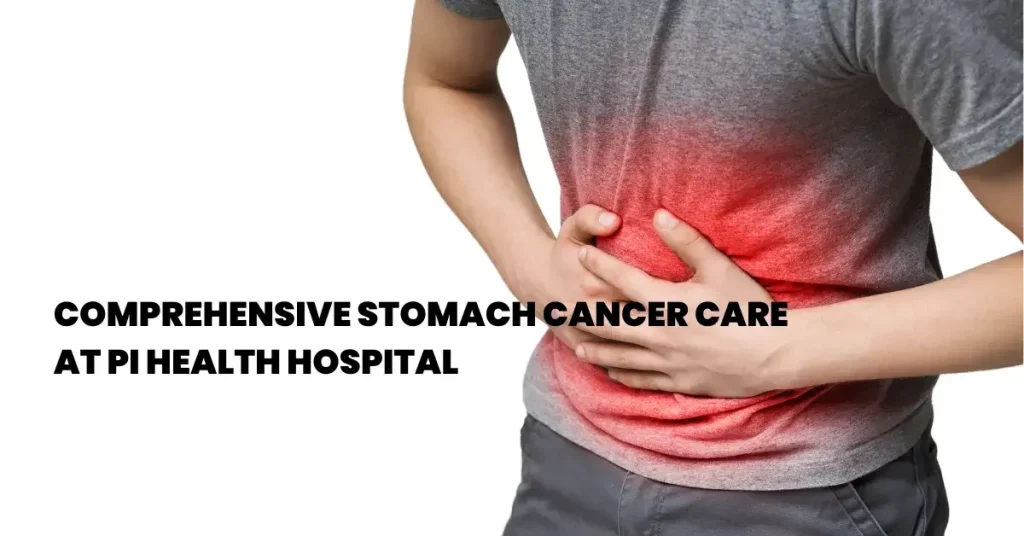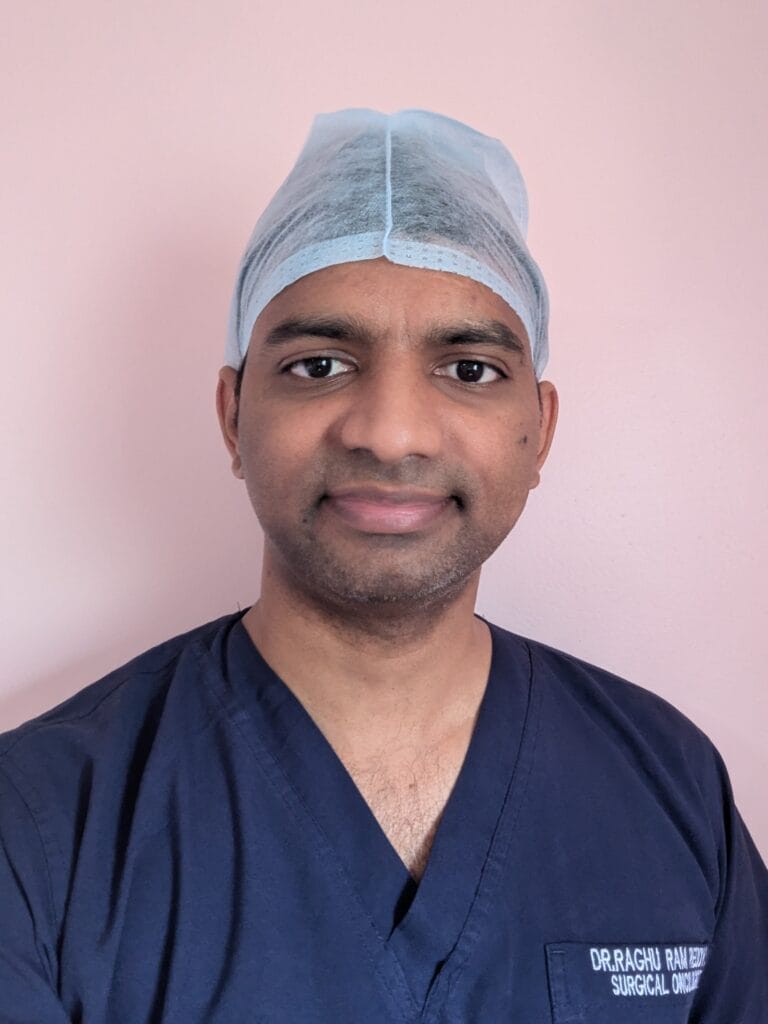Advanced Surgical Treatment for Pancreatic, Bile Duct, and Duodenal Cancers

The Whipple procedure, also known as pancreaticoduodenectomy, is a complex and highly specialized surgery primarily aimed at treating pancreatic cancer, along with cancers affecting the bile duct, duodenum, and ampulla of Vater. At PI Health Cancer Hospital, our skilled team of surgical oncology performs this life-saving surgery using cutting-edge techniques to prioritize patient safety and achieve the best possible outcomes.
What is the Whipple Procedure?
The Whipple procedure is typically recommended for:
- Pancreatic head cancer
- Ampullary cancer
- Distal bile duct cancer
- Duodenal cancer
- Certain cases of chronic pancreatitis
- Selected benign or pre-cancerous tumors in the pancreas or small intestine
How is the Whipple Procedure Performed?
At PI Health Cancer Hospital, the Whipple procedure can be performed using:
- Open Surgery (the traditional approach)
- Laparoscopic Surgery (a minimally invasive option)
Surgical Steps:
- Removal of the affected organs and tissues.
- Reconstructing the gastrointestinal tract by reconnecting the remaining pancreas, stomach, and bile duct to the small intestine.
- Ensuring proper drainage of bile and digestive enzymes.
Recovery After the Whipple Procedure
Hospital Stay:
Typically, you’ll be in the hospital for about 7 to 14 days, depending on how you’re doing.
Recovery Time:
Getting back to your normal self can take anywhere from 6 to 8 weeks or even longer.
It’s really important to have nutritional support and to gradually work your way back to a regular diet.
Post-Surgery Care:
- Managing pain effectively
- Enzyme replacement therapy, if needed
- Regular check-ups to keep an eye on your recovery and watch for any signs of recurrence
Potential Risks & Complications
While the Whipple procedure can be a lifesaver, it’s a complex surgery that comes with some risks, including:
- Delayed gastric emptying
- Pancreatic fistula (which is leakage from the pancreas)
- Infections
- Bleeding
- Weight loss or malnutrition
At PI Health Cancer Hospital, we work hard to minimize these risks with advanced surgical techniques, careful attention, and dedicated support after your operation.
Risks and Possible Complications
- Infection or bleeding
- Complications with the perineal wound
- Small bowel obstruction
- Issues with sexual or urinary function
- Stoma complications, like skin irritation or hernias
At PI Health Cancer Hospital, our skilled surgical team is dedicated to minimizing risks and ensuring you receive comprehensive post-operative care.
Life After Whipple Surgery
Many patients go on to lead active and fulfilling lives after they recover. However, they might need:
- Nutritional counseling to help with small, frequent meals
- Pancreatic enzyme supplements
- Ongoing follow-up care to monitor for cancer
Our multidisciplinary team is here to provide continuous education and support throughout your recovery journey.
Why Choose PI Health Cancer Hospital for the Whipple Procedure?
- Expert HPB & GI Surgeons
- Cutting-Edge Surgical Facilities
- Options for Minimally Invasive & Robotic Techniques
- Comprehensive Support Before and After Surgery
- A Multidisciplinary Team for Cancer Care
We’re dedicated to achieving the best possible outcomes with compassion and expertise.
Schedule Your Consultation Today
Take the first step towards expert care for pancreatic cancer. Book your personalized consultation with our surgical oncology specialists today!
About Author
Dr. Raghu Rami Reddy S
M.B.B.S, M.S, DRNB Surgical Oncology, FALS – Oncology
Dr. Raghu Rami Reddy is a highly skilled and experienced Surgical Oncologist specializing in the diagnosis and treatment of various cancers. With a commitment to providing the highest standard of care, Dr. Reddy utilizes advanced surgical techniques to treat a wide range of oncological conditions, including breast, gastrointestinal, and head and neck cancers, among others.He is dedicated to offering personalized treatment plans that are tailored to each patient’s unique needs, ensuring optimal outcomes and quality of life.

